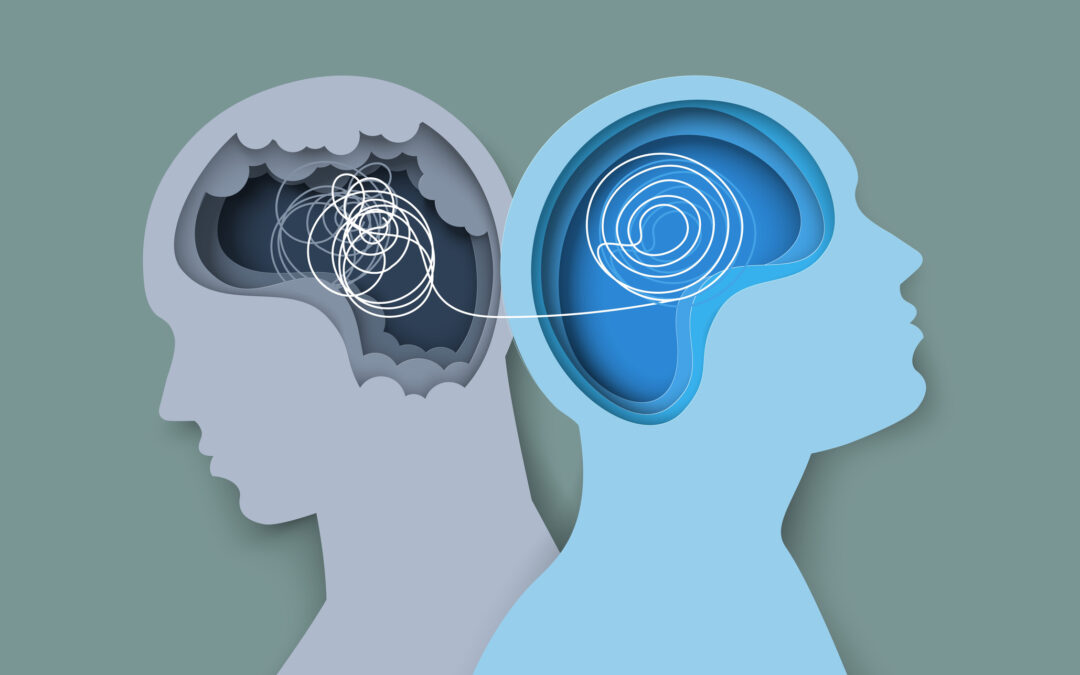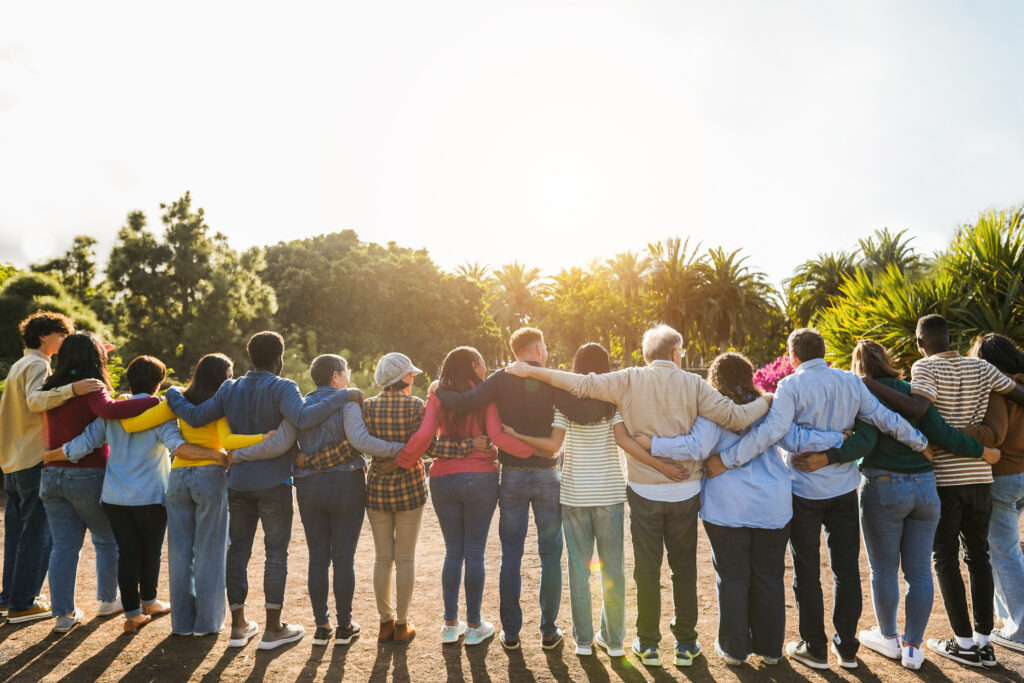Community care at the micro level:
- Saying hello to a neighbor
- Meal prepping/cooking with a loved one
- Texting a friend
- Carpooling with a friend or colleague
- Checking in with your loved ones
Community care at the macro level:
- Participating in a community garden
- Community clothing swaps
- Group therapy spaces for processing and healing
- Volunteering for a cause you care about
- Community book clubs
- Participating in social activism

Window of Tolerance 101
So much of the safety that is integral in therapy, especially for those of us with trauma histories, lives in the complex balance of security in the present moment and entering into vulnerability (painful emotion). Knowing this, it's important to develop coping and...
Things You Might Feel Shame For, That Are Actually Very Common!
As therapists, we hear from people in all walks of life. Every client is different and comes to therapy with varied experiences, but one thing remains true; most people hold shame for things they don’t need to. When we feel shame, our brains will often make us think...
3 Unconventional Ways to Stop a Panic Attack
Panic attacks feel different for everyone, but typically include sensations like a pounding heart, sweating, a feeling of terror, constricted or rapid breathing, and feeling as though the room is closing in on you or spinning. Regardless of how they present, a...
How to Disobey “Worthless” Thoughts
If you believe you are “worthless,” it can bring on crushing feelings of depression and shame. But worthlessness doesn't only impact how you feel. It also profoundly impacts what you do next. When you believe you are “worthless,” you might: Not ask for help Silence...
The 12 Best Mental Health Apps
Modern technology can be an amazing supplement to professional counseling. Check out these 12 Apps that come recommended for recovery from depression, eating disorders, PTSD, insomnia, and anxiety. DEPRESSION RECOVERY APPS 1. TalkLife (online support tool)...

